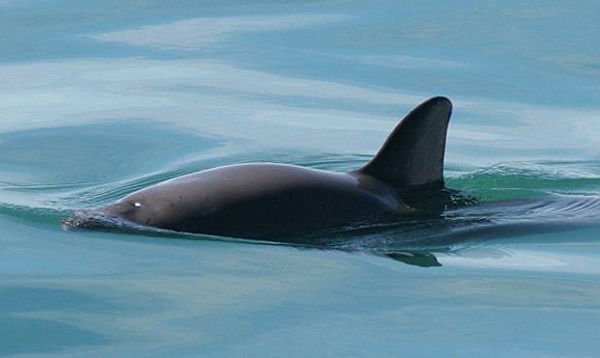Mexico City - Mexico's government has enlisted the help of three trained dolphins to locate in the wild their less fortunate cousin, the rare vaquita porpoise, in an effort to bring back from the brink of extinction a species with fewer than 40 specimens left.
Populations of the vaquita, a tiny snub-nosed porpoise that lives in the Gulf of California, have dropped sharply in recent years because of gillnet fishing for shrimp and totoaba, a popular delicacy in Asia, causing increased international concern and pressure on Mexico.
The three dolphins "will be released in September in the Gulf and they will help us locate where the vaquitas are," Mexico's environment minister, Rafael Pacchiano, said on Monday.
Experts will then help capture the vaquita, which Pacchiano said numbered fewer than 40 in the wild, and transport them to a marine sanctuary that Mexico's government is planning to establish in the Sea of Cortez. Once inside a penned-off area to ward off natural predators, the experts will help them reproduce.
"The only hope that vaquita has is this program we've announced," said Pacchiano, adding that the government will seek the financial support of different organizations for the $4 million project, such as one run by Hollywood actor Leonardo DiCaprio. The government has already put up $3 million.
Last week, Mexican President Enrique Peņa Nieto wrote to DiCaprio on Twitter in a bid to reassure the actor that his government was taking steps to protect the vaquita.
Conservation organizations have called on U.S. consumers and seafood companies to boycott Mexican shrimp as part of a last-ditch campaign to save the porpoise, the smallest member of the cetaceans, a group that also includes whales and dolphins.
Mexico imposed a two-year ban on gillnet fishing in the vaquita's habitat in 2015, extending it earlier this year. Critics have complained that the net fishing ban should be better enforced.
Original article


